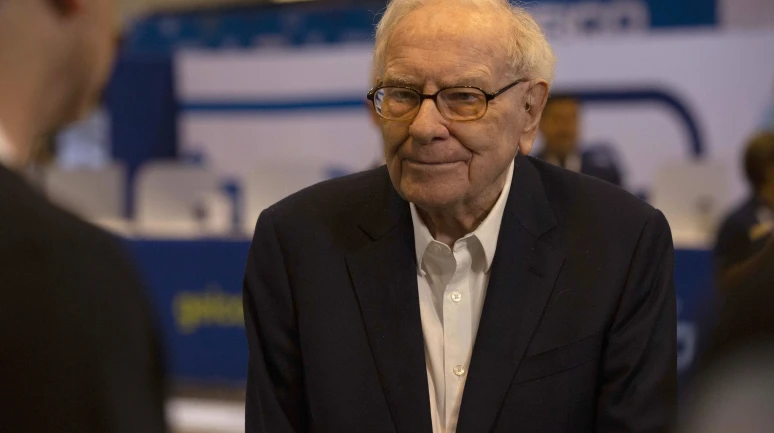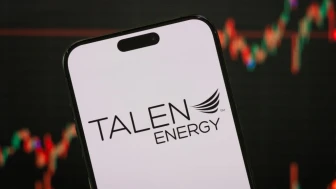This move by Elliott Investment Management is seen as a strategic decision to exert influence and potentially push for changes within Aspen Technology, a leading provider of software and services for the process industries. The clash of opinions between the two companies highlights the complex dynamics of corporate governance and shareholder activism in the ever-evolving landscape of the technology sector. It will be interesting to see how this situation unfolds and whether it leads to any notable developments in the near future.
One of the major shareholders of the company holds approximately 9.0% ownership stake, according to recent reports. This significant ownership position indicates a strong level of influence and interest in the company's performance and strategic direction. The shareholder with this stake may have the ability to impact key decisions and initiatives within the organization. This level of ownership underscores the importance of this shareholder in the company's shareholder structure and highlights their potential role in shaping the company's future.
Emerson's Influence in Deal Situation
Emerson, as the majority shareholder, wields significant power in this particular scenario.
Concerns Over Deal Price and Process
The proposed deal at $265 raises concerns not only due to its seemingly low price but also because of the questionable process that hints at a favorable arrangement.
Emerson's Control Over Special Committee
Emerson's control over the "independent special committee" of Aspen, with two of its designated directors on the board out of three committee members, raises questions about the committee's impartiality in reviewing the tender offer.
Voting Requirements for Transaction Approval
Delaware law mandates that a tender offer must be approved by at least 50% of disinterested outstanding shareholders, necessitating 21.4% of non-Emerson shareholders to vote in favor of the deal for it to proceed.
Impact of Shareholder Votes on Transaction Outcome
Elliott holding 9% of shares could potentially block the transaction if it garners support from an additional 12.4% of shareholders, especially considering the possibility of non-voting shareholders.
Significance of Kayne Anderson's Stake
With a 6.5% stake, Kayne Anderson's vote holds significance in influencing the outcome of the deal.
Unclarity Regarding Elliott's Position
It remains uncertain whether Elliott's 9% position is in common stock or swaps, which could impact its voting rights in this situation.
Relevance of Shareholder Vote Requirements
While Elliott's position type may not be crucial in this instance due to the specific tender offer requirements, it would be a different scenario if a vote of disinterested shareholders was necessary.

























